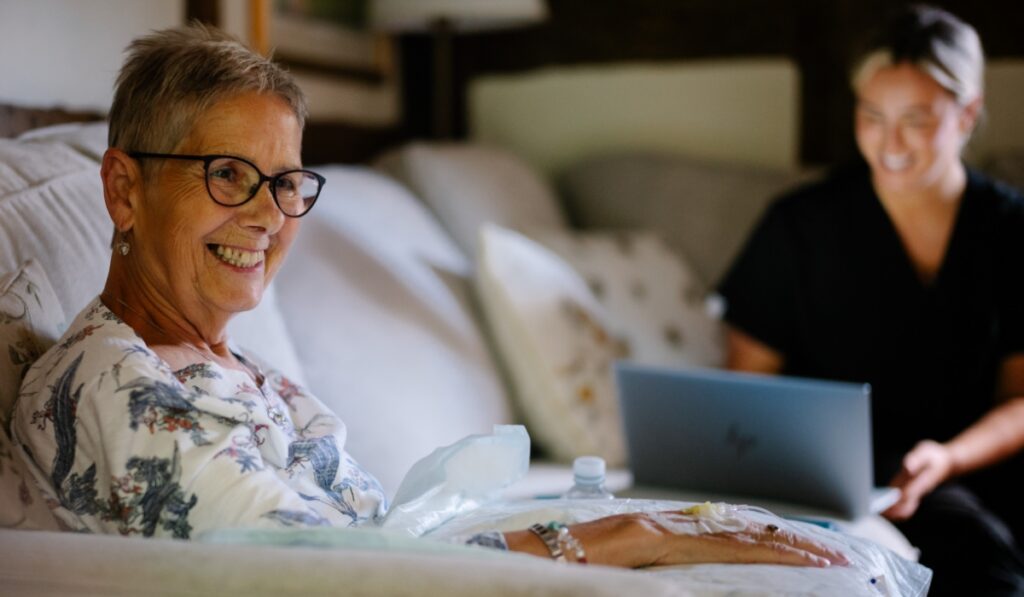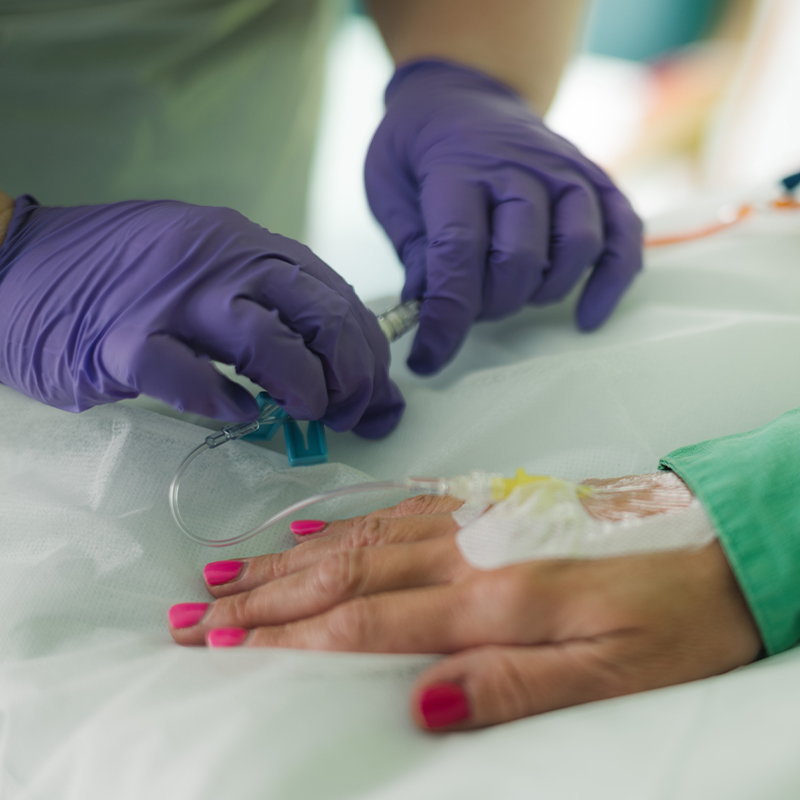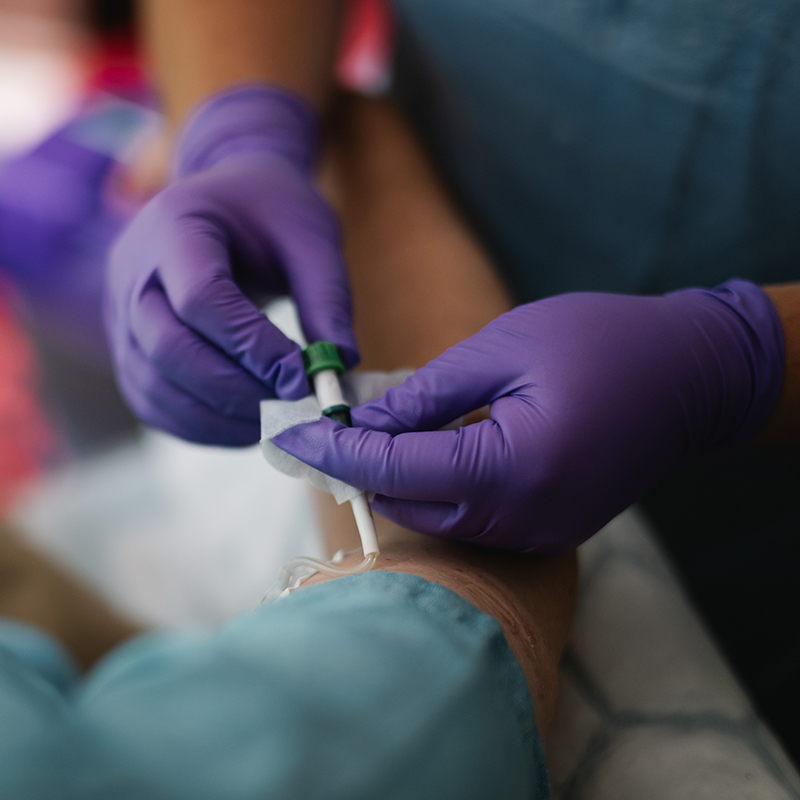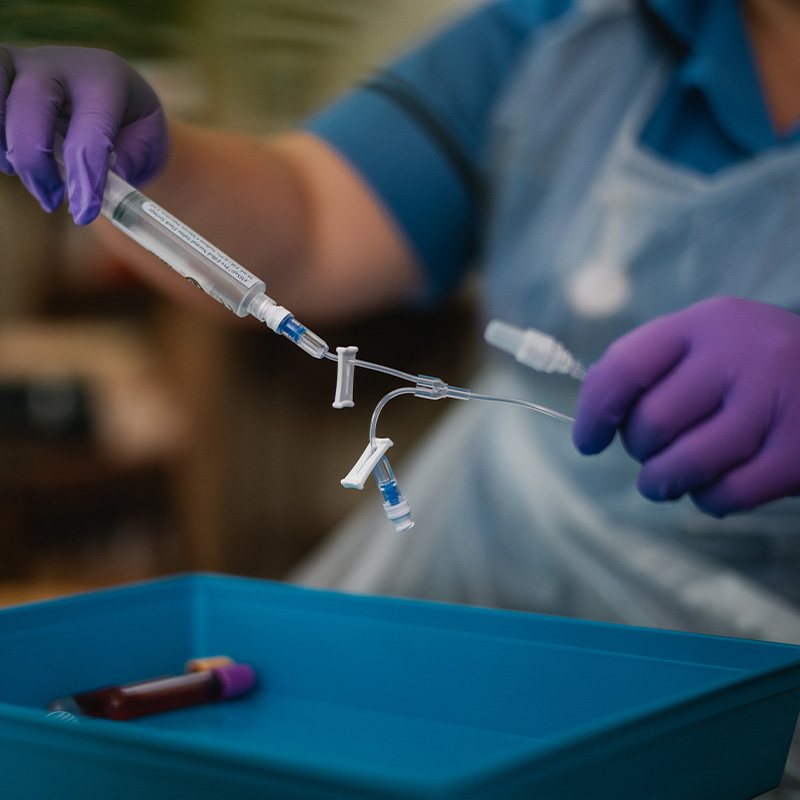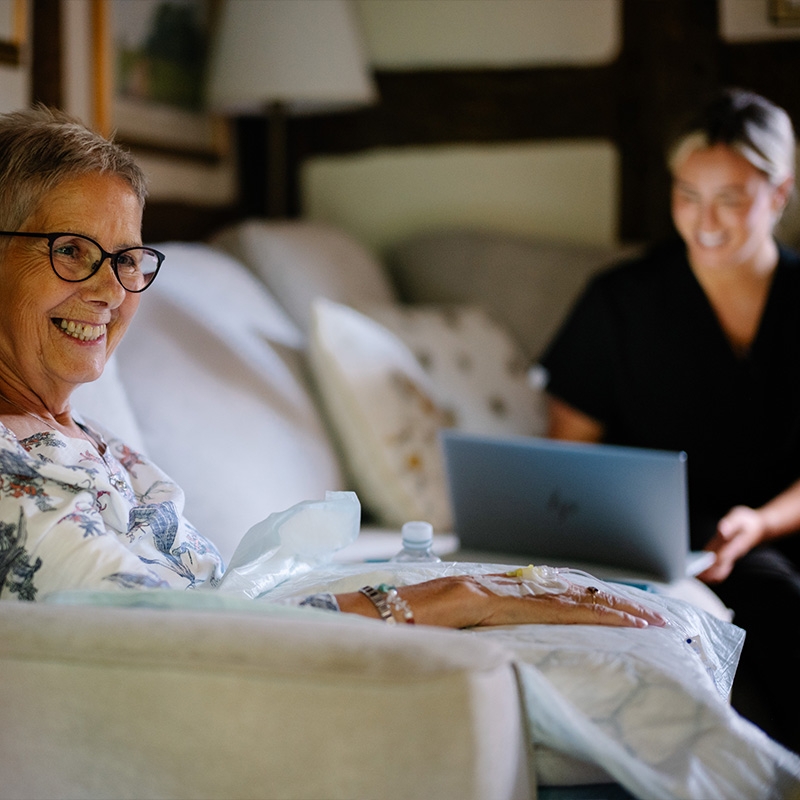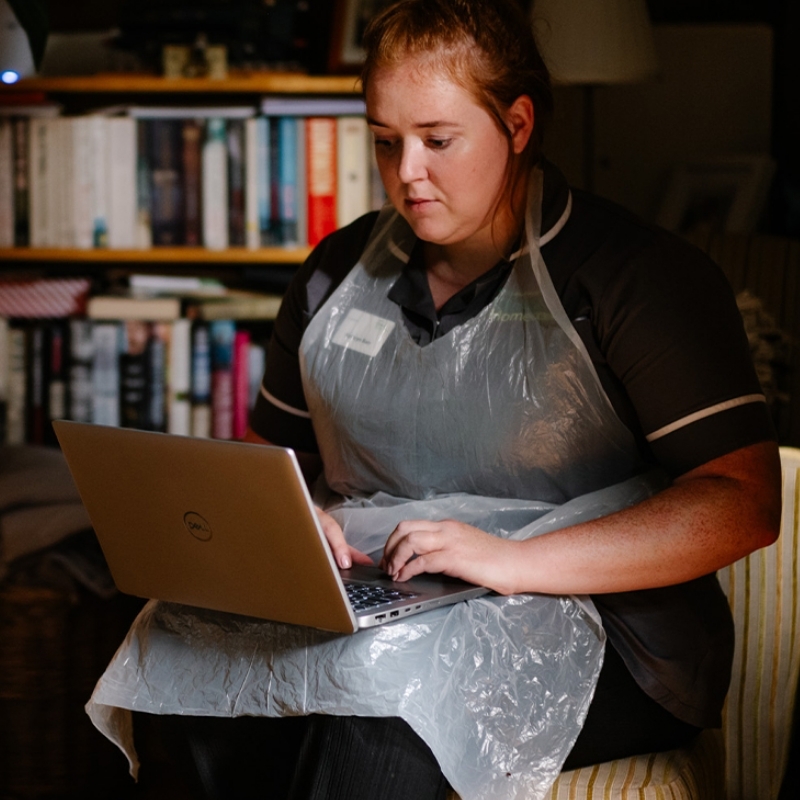Understanding skin cancer treatment
With so much information to absorb and decisions to make, a skin cancer diagnosis can be overwhelming. Rest assured, you’re not alone, and there are many options for managing the condition.
Our guide is here to help you understand private prostate cancer treatment and the main treatment options available.
Understanding your skin cancer diagnosis
The main types of skin cancer include basal cell carcinoma (also called basal cell carcinoma, BCC basal cell skin cancer), squamous cell carcinoma (squamous cell carcinoma, SCC or squamous cell skin cancer) and melanoma skin cancer. Non-melanoma skin cancers, like basal cell and squamous cell cancers, are the most common, but there are rare types such as Merkel cell carcinoma and cutaneous squamous cell carcinoma.
Diagnosis may involve physical examination of skin lesions and skin growths, a skin biopsy or punch biopsy to sample abnormal cells or skin lesions. Treatment depends on the type of skin cancer, how far it has spread, the affected skin and soft tissues, and your general health, especially if you have a weakened immune system.
Surgical treatments: The foundation of skin cancer care
Excision Surgery
This involves removing the cancerous skin lesion or abnormal cells, as well as a margin of healthy skin (or healthy tissue) to ensure all the cancerous cells are eradicated.
Mohs Micrographic Surgery
Cancer cells are removed layer by layer, and each is examined under a microscope during surgery. This technique aims to kill cancer cells, minimise damage to healthy tissue and ensure that all the cancer is removed.
Other surgical approaches
- Curettage and Electrodessication: Effective for some small basal cell or squamous cell cancers, rapidly removing abnormal cells.
- Lymph Node Surgery: If the cancer has spread to nearby lymph nodes, removal may be advised. Sentinel lymph node biopsy and lymph node biopsy help to determine if cancer cells have entered the lymphatic system.
Your team will explain the type of skin cancer you have and discuss which procedures are recommended to treat skin cancer effectively.
Non-surgical and local treatments
Systemic therapies for advanced skin cancer
Where cancer has spread to other parts of the body, or when treating melanoma or advanced squamous cell carcinoma, systemic options are considered.
How treatment decisions are made
Your multidisciplinary team will consider:
- The type of skin cancer (basal cell, squamous cell, melanoma skin cancer, or other skin cancers)
- The stage of skin cancer and whether cancer cells have invaded deeper layers or nearby lymph nodes
- Your general health, age, and immune system status
- The location, size, and depth of the affected skin or skin lesion
- Whether cancer has spread to parts of the body, such as lymph nodes or surrounding healthy skin
Living with skin cancer and beyond
Adjusting during and after treatment
Experiencing changes in your skin or having a skin lesion removed can have emotional and physical impacts. Some people may have scars, changes in sensation, or concerns about recurrence or risk factors.
Aftercare and ongoing monitoring
After treatment for skin cancer, you’ll have regular skin checks and follow-up appointments to monitor for recurrence or new skin cancers. Your care team may offer advice on sun protection, care for treated areas, and how to identify skin changes early.
Accessing help and resources
Support services such as the British Skin Foundation, Cancer Research UK, Macmillan Cancer Support and local cancer support groups provide information about all types of skin cancer, including guidance on treatment for skin cancer, aftercare, and maintaining mental health.
Personalised treatment planning
Modern skin cancer treatment is highly individualised, with your medical team considering numerous factors to create the most effective treatment plan for your specific situation.
Genomic testing for treatment decisions
Advanced testing of your cancer tissue can provide valuable information about how likely your cancer is to come back and how well it might respond to different treatments. These genomic tests analyse the activity of specific genes in cancer cells.
Multidisciplinary team approach
Your skin cancer treatment involves a team of specialists working together to provide comprehensive care. This team typically includes surgeons, medical oncologists, radiation oncologists, nurses, and other specialists who contribute their expertise to your treatment plan.
Considering your personal preferences
Your treatment plan should align with your values and lifestyle. Your medical team will discuss the benefits and risks of different treatment options, helping you make informed decisions that feel right for your situation.
Treatment at home: Bringing cancer care to you
Receiving treatment for skin cancer at home offers numerous advantages, allowing you to maintain your normal routine while receiving the same high-quality care you would receive in hospital.
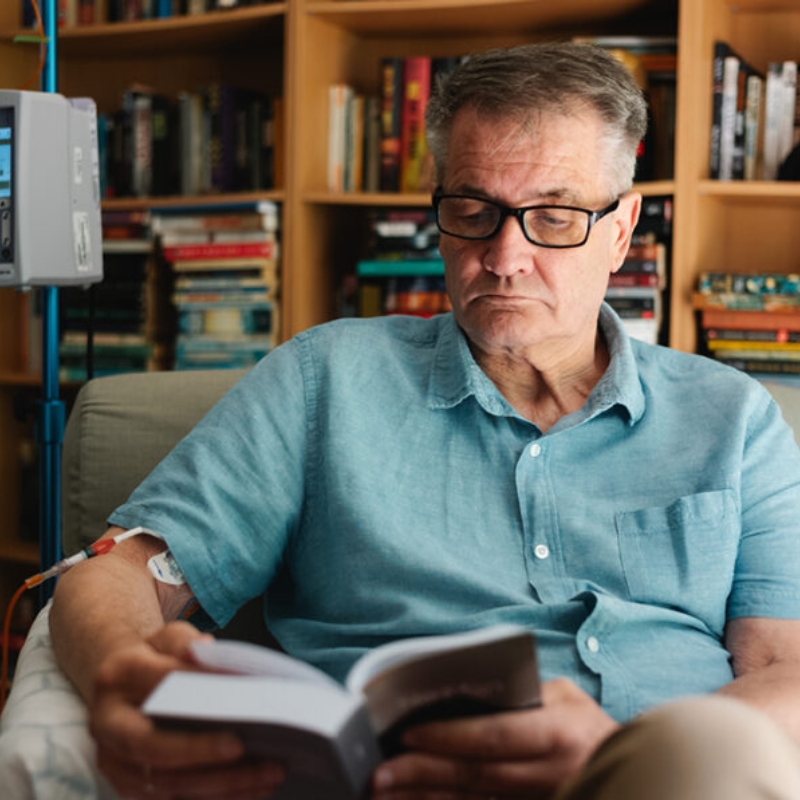
Benefits of home-based cancer treatment
Home treatment reduces the stress and anxiety that many people experience in hospital environments. Being in familiar surroundings, surrounded by family and personal belongings, can significantly improve your emotional well-being during treatment. At-home care eliminates travel time to and from medical facilities, which can be particularly beneficial during chemotherapy when you may feel tired or unwell. We also have decreased waiting times and take away the stress of parking.

Comprehensive support services
Home-based cancer treatment includes all the support services you need for safe, effective care. Specialist nurses trained in cancer treatment provide your medications and monitor your response to therapy, ensuring you receive the same level of care as you would in a hospital. Your home care team maintains close communication with your consultant and other specialists, providing regular updates on your progress and any concerns that arise.

Maintaining independence and control
Receiving treatment at home allows you to maintain greater control over your daily schedule and environment. You can continue participating in activities that are important to you, spending time with family and friends and balancing family life and work.
Supporting your treatment journey
Comprehensive support addresses the physical, emotional, and practical challenges that arise during your treatment journey.
Managing treatment side effects
Your care team provides extensive support to help you manage side effects from skin cancer treatment. This includes medications to prevent or minimise nausea, strategies for managing fatigue and treatments to address other symptoms as they arise.
Nutritional support helps ensure you maintain your strength throughout treatment. Physical therapy and exercise programmes can help you maintain strength and mobility during treatment.
Emotional and psychological support
A skin cancer diagnosis and treatment can trigger a range of emotions, from fear and anxiety to sadness and anger. These feelings are completely normal, and professional support is available to help you process these emotions and develop coping strategies.
Counselling services, support groups, and peer support programmes connect you with others who understand what you’re going through. Many people find great comfort and practical advice from talking with others who have faced similar challenges.
Family and caregiver support
Support services extend to your loved ones, helping them understand your treatment and learn how they can best support you during this time. Family and caregiver support may include counselling services, educational materials, or even support groups specifically designed for caregivers.
Looking for more information?
We’ve worked with thousands of patients, and we know you’ll have a lot of questions.
If you’re ready to talk to us to discuss your options, fill out the form below and we’ll be in touch quickly.
If your enquiry is urgent please call 0345 2636 123 (England and Wales) or 0345 2636 135 (Northern Ireland and Scotland).
We know the benefits of cancer care at home
Our specialist cancer services ensure private medically insured and self-paying patients who want an alternative to hospital can start their treatment faster. We consider all cancer treatments, including those not currently available in hospitals.
